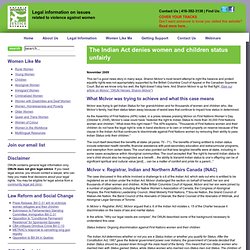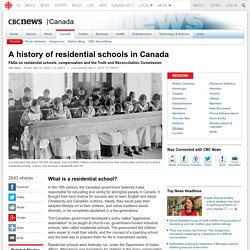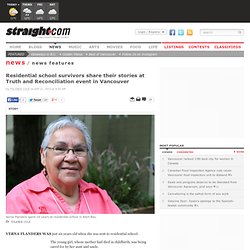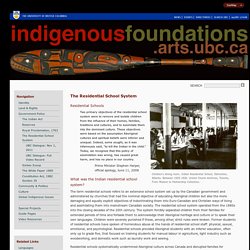

Indian Act. Indian Act Discrimination against Women and Children. November 2009 This isn’t a good news story in many ways.

Sharon McIvor’s most recent attempt to right the balance and protect equality rights was not appropriately supported by the British Columbia Court of Appeal or the Canadian Supreme Court. But as we know only too well, the fight doesn’t stop here. And Sharon McIvor is up for that fight. (See our article on McIvor: “OWJN Heroes: Sharon McIvor”) What McIvor was trying to achieve and what this case means McIvor was trying to get Indian Status for her grandchildren and for thousands of women and children who, like McIvor’s family, had their status taken away because of sexist laws that continue to impact how status in determined. As the Assembly of First Nations (AFN) noted, in a press release praising McIvor on First Nations Women’s Day (October 6, 2008), McIvor’s case could have “restored the right to Indian Status to more than 30,000 First Nations women and children.” McIvor v. In McIvor v. But the discrimination continues.
"Apology" from the Government. CBC Article on Residential Schools. What is a residential school?

In the 19th century, the Canadian government believed it was responsible for educating and caring for aboriginal people in Canada. It thought their best chance for success was to learn English and adopt Christianity and Canadian customs. Ideally, they would pass their adopted lifestyle on to their children, and native traditions would diminish, or be completely abolished in a few generations. The Canadian government developed a policy called "aggressive assimilation" to be taught at church-run, government-funded industrial schools, later called residential schools.
The Truth about Residential Schools. Residential School Survivor's Testimony. As a 10-year-old boy, Alvin Dixon remembers having to milk cows during his stay at a residential school in Port Alberni, B.C.

Yet, he was always fed only powdered milk. Dixon, who is now 76 years old, was forcibly taken from his family in Bella Bella, on British Columbia's northwest coast, when he was a child and relocated to Port Alberni, B.C., where he said he and many of his classmates were starved. "We would be so hungry and we would steal these potatoes [from farmers' fields] and eat it raw," he told CBC News. Recently published research suggests Dixon's experiences were part of a long-standing, government-run experiment designed by researchers to test the effects of malnutrition. The research by food historian Ian Mosby has revealed the experiments involved at least 1,300 aboriginal people, most of them children. One school deliberately held milk rations for two years to less than half the recommended amount in order to get a "baseline" reading for when the allowance was increased.
Residential School Survivor's Stories. The young girl, whose mother had died in childbirth, was being cared for by her aunt and uncle.

“But I came into the wrong hands when I was six,” Flanders told attendees at the Truth and Reconciliation Commission this week. As TRC commissioners Marie Wilson and Chief Wilton Littlechild listened, Flanders described the sense of sheer isolation and loneliness that she felt as a boarding student at St. Michael’s Indian Residential School in Alert Bay. Residential Schools. Children's dining room, Indian Residential School, Edmonton, Alberta.

Between 1925-1936. United Church Archives, Toronto, From Mission to Partnership Collection. Residential Schools Two primary objectives of the residential school system were to remove and isolate children from the influence of their homes, families, traditions and cultures, and to assimilate them into the dominant culture. These objectives were based on the assumption Aboriginal cultures and spiritual beliefs were inferior and unequal. Prime Minister Stephen Harper, official apology, June 11, 2008. Interesting Facts About Residential Schools.